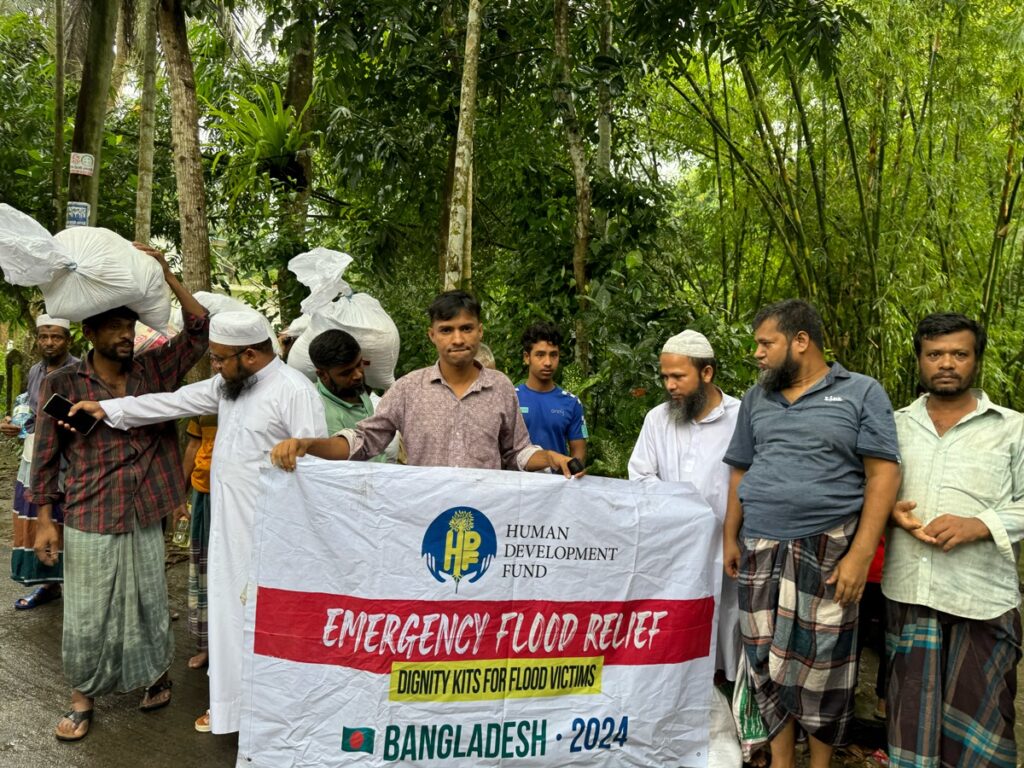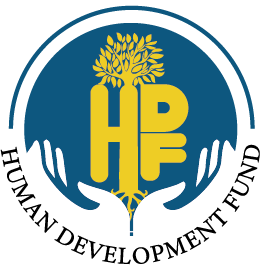
Bangladesh is facing one of the most devastating flood disasters in its recent history. The relentless monsoon rains have caused widespread destruction, affecting over 14.6 million people across the country. Entire villages have been submerged, roads and bridges have been destroyed, and hundreds of thousands of families have been displaced. The floodwaters have wreaked havoc on infrastructure, cut off communities from essential services, and plunged families into extreme hardship. As of September, over 71 people have tragically lost their lives due to the floods, with countless more left in desperate need of immediate assistance.
The hardest-hit regions are the southeastern, northeastern, and northern parts of Bangladesh. The flooding has not only displaced families but also caused significant damage to farmland and homes. In Cox’s Bazar, where over one million Rohingya refugees reside in makeshift camps, the situation has grown even more dire. Flooding and 773 landslides have devastated the already fragile camps, worsening the living conditions for the refugees.
Access to clean water and proper sanitation has been severely compromised in the affected areas. Contaminated water supplies have led to outbreaks of waterborne diseases, such as cholera and diarrhea. The health crisis in these regions is becoming increasingly alarming as health services are overwhelmed and access to medical supplies becomes scarce.
Impact on Agriculture and Food Security
One of the most devastating effects of the flooding is its impact on agriculture. Over 339,000 hectares of crops have been destroyed, leading to widespread food insecurity. The loss of these crops means that countless families have not only lost their immediate food supply but also their livelihoods. Many of the affected families are subsistence farmers who rely on their crops for survival, and without immediate assistance, they will be pushed further into poverty.
The destruction of crops has raised fears of a prolonged food crisis in Bangladesh. With farmlands submerged and irrigation systems damaged, the upcoming harvest season is at risk, which will have a long-term impact on food availability in the region.
Health and Sanitation Crisis: An Immediate Threat
The lack of access to clean water and sanitation facilities is one of the most pressing issues following the flooding. With rivers contaminated and sanitation systems destroyed, diseases such as cholera and diarrhea are spreading rapidly, particularly in crowded refugee camps and temporary shelters. Children, the elderly, and the most vulnerable are at the greatest risk of succumbing to these preventable diseases. Health organizations are sounding the alarm and calling for immediate intervention to prevent further loss of life.
The World Health Organization (WHO) has expressed concern about the potential for a large-scale health crisis if access to clean water and sanitation is not restored. Medical supplies are running low, and local healthcare facilities are overwhelmed by the number of patients.
Impact on Education
The flooding has not spared Bangladesh’s education system either. More than 7,000 schools have been forced to close, leaving 1.75 million children out of school. For many children, education has come to a complete halt as their families are displaced and living in temporary shelters. This disruption in education could have long-term consequences for the development of these children and the future of the country. The closure of schools and loss of educational infrastructure is not only an immediate crisis but a long-term setback for the nation.
How We Can Help: Immediate and Long-Term Response
Bangladesh is no stranger to floods, but the scale of this year’s disaster requires a robust and sustained response from the global community. Humanitarian organizations are working tirelessly to provide emergency relief, but the needs far outweigh the available resources. Immediate efforts are focused on providing clean water, food, sanitation, and medical care to prevent further deaths.
Rebuilding infrastructure, restoring livelihoods, and reopening schools will be critical to ensuring the long-term recovery of Bangladesh. Support from the international community is essential not only for immediate relief but also for long-term development programs that will help Bangladesh recover from this disaster.
The Role of Humanitarian Organizations
At the Human Development Fund (HDF), we are working to provide emergency relief to those affected by the floods in Bangladesh. Our Dignity Packages contain essential food items such as rice, lentils, oil, clean water, and hygiene supplies to help displaced families survive through this crisis. But this is only the beginning. HDF is also committed to long-term recovery efforts, including rebuilding homes, restoring farmlands, and ensuring that children can return to school.
How You Can Help
For just $50, you can provide a family with the food and clean water they need to survive. For $500, you can help 10 families. Every dollar counts and can save lives. Let us answer the call of our Prophet ﷺ and be a source of mercy and relief for our brothers and sisters in Bangladesh.
Click here to donate today: hdfund.org/bangladesh-floods
Sources:
- International Federation of Red Cross and Red Crescent Societies (IFRC)
- World Health Organization (WHO)
- UN News


